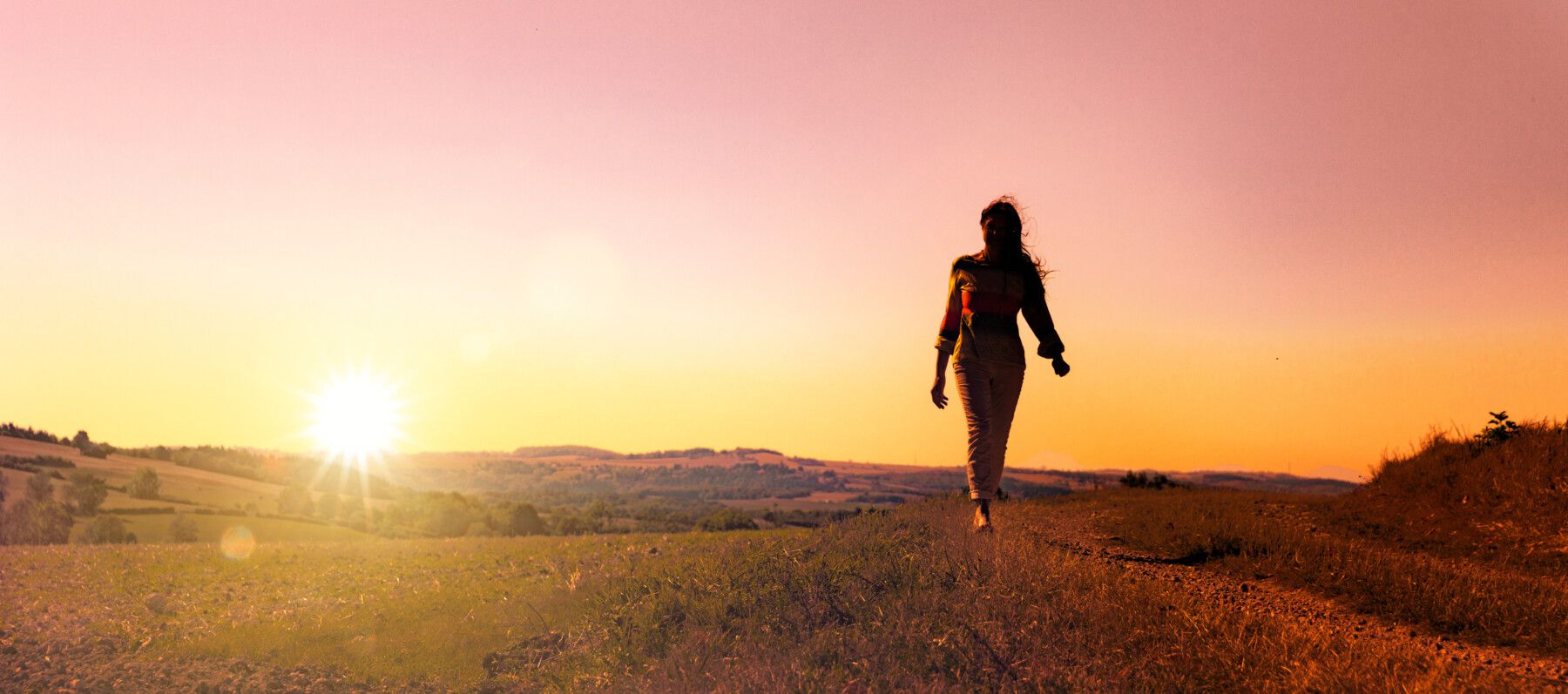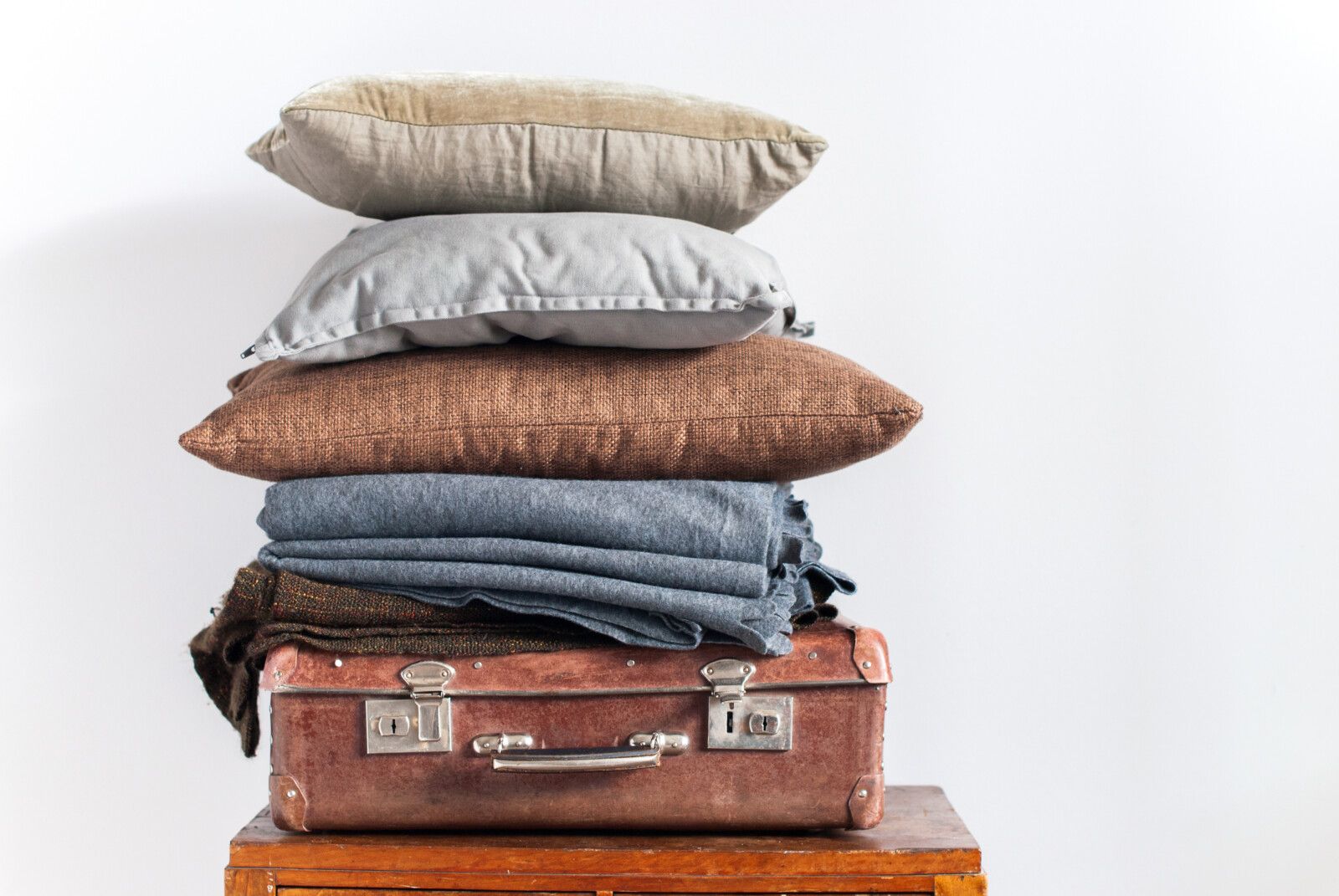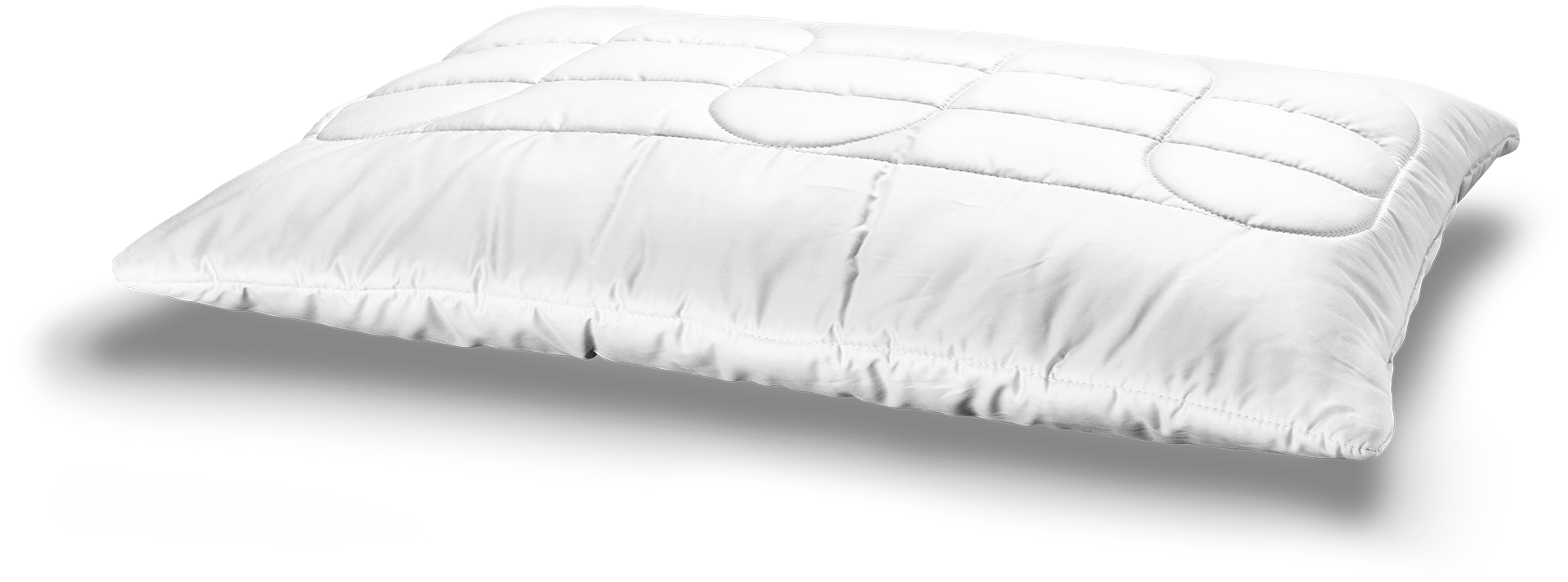Particularly on the first day of a holiday or on business trips, some people struggle with what can be called the ‘first night effect’. The new environment induces a certain restlessness and results in symptoms like longer phases of falling asleep, sleep cycles that are prone to disturbance or interrupted, or a slight feeling of homesickness.
Once you have chosen your dream destination, booked your flights and hotel, you are ready to go: time out from the stress of everyday life beckons from faraway places, and summer clothes are packed into suitcases full of anticipation. But what at first glance looks like fun and relaxation often takes good planning in advance, accompanied by subliminal stress – especially when the whole family is on board.
First night effect
Particularly on the first day of a holiday or on business trips, some people struggle with what can be called the ‘first night effect’. The new environment induces a certain restlessness and results in symptoms like longer phases of falling asleep, sleep cycles that are prone to disturbance or interrupted, or a slight feeling of homesickness. If holidaymakers fall prey to this phenomenon, a relaxed morning and a balanced mind when they get up become a distant prospect.
In order to be able to enjoy a carefree first breakfast when travelling, it is important to realise in advance that certain factors can initially disrupt the rest you are longing for. A new environment, possible time changes or an unfamiliar climate zone are influences to which the body tries to adapt and realign itself accordingly – even when sleeping. Intense heat in southern regions, unfamiliar vegetation, exotic food and foreign people have an effect on our brain, which registers everything new with curiosity and therefore goes into overdrive.
Relaxation helps
So that the mind can process its impressions, it is advisable to review what has happened during the day before going to bed – for example, during a leisurely evening walk. Rituals such as relaxation exercises, taking a pleasant bath, or drinking tea with honey as you are used to doing at home, should also be maintained when you are on holiday. A glass of red wine or a herbal tea can also help to release inner tension. Nevertheless, holidaymakers should be careful with alcohol. Although a 0.2 litre glass helps you to fall asleep, the opposite is true for larger amounts. The more you consume, the more likely it is that you will not be able to sleep through the night. The same applies to fatty foods. Eat light food, ideally two hours before going to bed, so that the metabolism does not run too high – from which we conclude that you should eat plenty of breakfast in the morning.

Give yourself time
Since people are creatures of habit, they also need time to adjust during the holidays. After a while, the environment becomes more familiar, and the sense of wellbeing increases. Exercise in nature, fresh air, sunlight, perhaps calming landscapes such as mountains or the sea – all these have a balancing effect and promote healthy sleep. The time of getting up and going to bed should not vary too much, either, because this displaces the biological rhythm and is not good for sleep or the inner clock. Accessories that are specially packed for travelling also ensure a feeling of security and a good night’s sleep – like a lavender spray on the pillow, or pine wood sachets on the bedside table. It’s also a good idea to pack your own pillow. Like the cuddly toy in childhood days, a familiar favourite object encourages you to snuggle up in strange beds and makes it easier for the brain to adapt. There’s something in the Japanese proverb that says, ‘If you change your pillow, you won't sleep’.
Too many plans – which can only be implemented in a few days by rushing frantically to ‘see everything’ – should be avoided. After all, a harmonious balance between activity and rest shapes times out in a positive way, so that the soul can unwind. Those who pursue a very time-conscious sporting regime are even more in need of rest and relaxation. However, travelling too is something that can be ‘learned’. The more one travels, the more indifferently the brain reacts to changing environments – it learns to adapt more quickly to unfamiliar situations, thus attenuating negative travel symptoms.
With this in mind: have a good holiday and sleep well!

